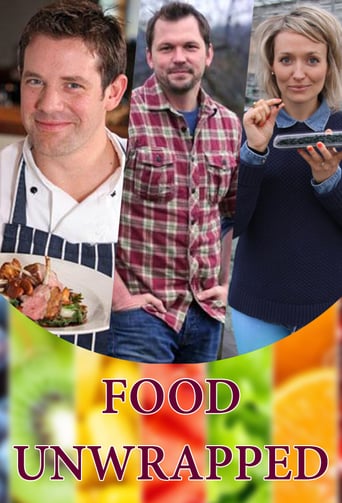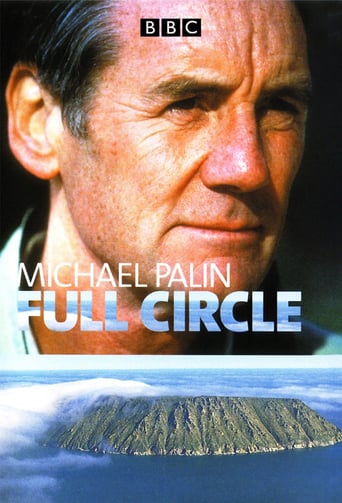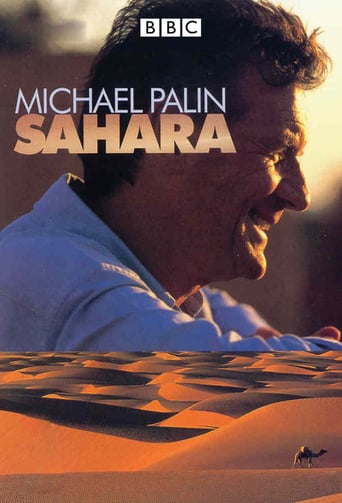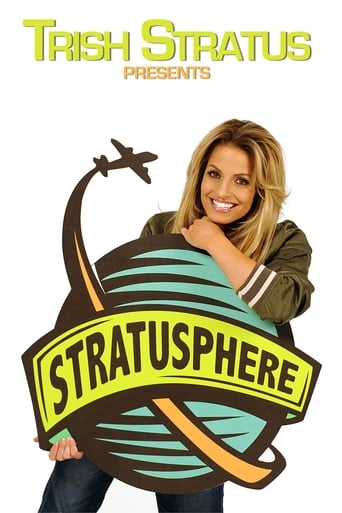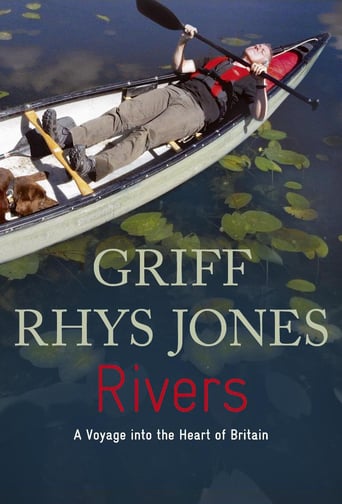Food Unwrapped Season 9
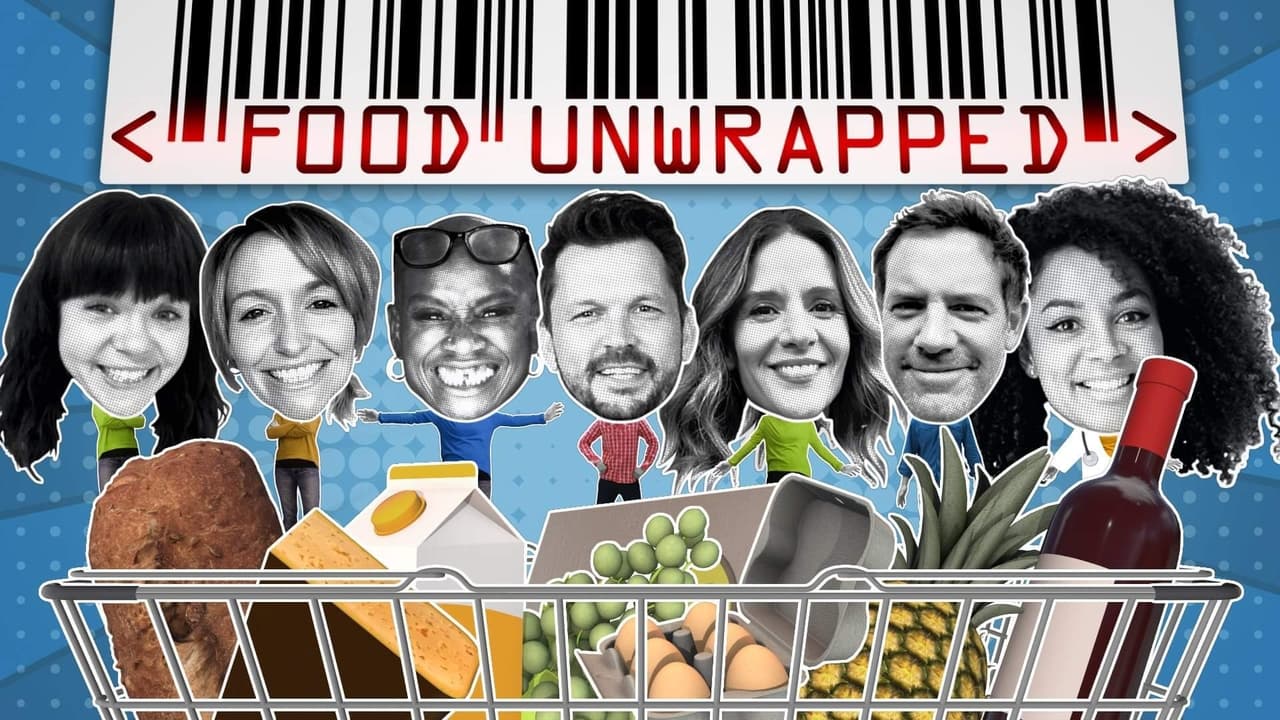
The food and science series that travels the world to explore the industry secrets behind our favourite produce, industry secrets, and how foods are really made.
Watch NowWith 30 Day Free Trial!
Food Unwrapped
2012
The food and science series that travels the world to explore the industry secrets behind our favourite produce, industry secrets, and how foods are really made.
Watch Trailer
With 30 Day Free Trial!
Food Unwrapped Season 9 Full Episode Guide
Jimmy takes to the skies above Israel to join the battle to protect the bell pepper crop from the Mediterranean fruit fly, but is amazed to learn that it's not insecticide that he's helping to spread across the desert. Can you put dishwasher salt on your chips? Jimmy visits an extraordinary underground salt mine in Sicily, with a vast network of tunnels leading to a subterranean salt processing plant. Kate visits Vietnam to find out if coconut oil is any healthier than other oils. She also heads to the Amazon rainforest to investigate rumours that the Brazil nuts on UK supermarket shelves are all radioactive.
Jimmy's off to Israel on the trail of an elusive fruit - the fresh date. If raisins are dried grapes and prunes are dried plums, then what exactly are dates? Jimmy's search for the answer takes him to a vast water purification plant, where they harness the raw sewage of Tel Aviv to turn barren desert into fertile farmland. Kate flies to California to investigate why almond butter is more expensive than other nutty spreads, and discovers a combination of extreme weather and global economics have made the price of almonds go completely nuts. And Matt's in Scotland, investigating haggis. He makes a surprising discovery about the dish's true origins - and then faces the nerve-shredding ordeal of delivering some highly unwelcome news to an unsuspecting audience.
In Italy, Jimmy looks into why Parmesan costs up to twice as much as supermarket Cheddar. Kate's been puzzling over paprika and travels to Hungary and Spain to find out exactly where it comes from. And Matt looks at hard-boiled eggs - it can be fiddly enough getting the shell off in the comfort of your own kitchen, so how do the big players manage it now that hard-boiled eggs are popping up everywhere in supermarkets?
Jimmy Doherty looks into skyr, a mysterious yoghurt-like product that claims to be entirely fat-free, but has a surprisingly creamy texture, while Kate Quilton heads to one of the busiest oyster hatcheries in France, where she witnesses the amazing science that goes into providing oysters year-round. Plus, Matt Tebbutt wants to know if the dried strawberries in his cereal are real or just a clever imitation.
Jimmy Doherty visits the largest wholesale food market in the world in Paris and discovers why British cheese sales are soaring across Europe. Matt Tebbutt travels to one of the largest ham producers in Italy and meets a pig farmer who tells him about a delicate problem that all pork producers face, while Kate Quilton investigates why some limes are so much juicier than others.
Jimmy Doherty investigates craft beer, meeting a couple who gave up jobs in the NHS to pursue their dream lifestyle of brewing and selling ale. Kate Quilton goes in search of the perfect tomato and finds herself in the middle of the world's biggest food fight at a festival in Valencia, while Matt Tebbutt examines why tinned anchovies taste salty when fresh ones don't, visiting a processing plant to find out.
Jimmy Doherty, Kate Quilton and Matt Tebbutt reveal more unusual, intriguing and surprising secrets behind the food we eat. Matt heads to Italy to find out how supermarkets can sell pesto at an affordable price when the traditional ingredients are expensive. He visits one of Europe's biggest pesto producers and takes a remarkable trip to the bottom of the Mediterranean Sea, where basil is being grown in an extraordinary underwater farm. Jimmy wants to know why so many cockles in our supermarkets come from abroad, when he always thought of them as a quintessentially British staple. He visits Wales and the Wash, where two very different stories unfold, and witnesses a remarkable method of cockle gathering that has to be seen to be believed. And why do marshmallows go so crispy and melty at the same time over the campfire? Kate takes a colourful trip around Europe's largest marshmallow factory to find out.
Kate visits Israel to unearth the mystery ingredient that makes icing sugar so light, fluffy and powdery. Her journey takes her via a dip in the Dead Sea to an enormous phosphate mine in the desert, where all is revealed. In Italy, Jimmy investigates the difference between risotto rice and long grain rice. An early morning trip to a bustling rice auction and a visit to a flooded rice field shed some light. Back in the UK, Jimmy challenges renowned Italian chef Gennaro Contaldo to knock up a risotto using long grain rice; can it be done? And where do pre-packed sandwiches' crusts go? Matt discovers that one sandwich maker has come up with an innovative - and surprising - way of putting the waste bread to good use
At a green bean plantation in Kenya, Jimmy learns how they grow the beans so straight for the supermarkets, and finds out what happens to the beans that don't make the grade. He also discovers the remarkable lengths that the farmers go to to stop the local wildlife destroying their valuable crop. At a Norwegian scallop farm, Matt braves the icy waters of the North Sea to join the divers harvesting scallops by hand from the sea bed. This sustainable farming method could be a model for the rest of Europe, but it needs a constant source of baby scallops, so Matt gets hands-on in the hatchery as he learns how to encourage a scallop to procreate. And Kate tries to unravel a mystery about Cornwall's most famous local delicacy: what exactly goes into a Cornish Pasty, swede or turnip?
Free Trial Channels
Seasons


